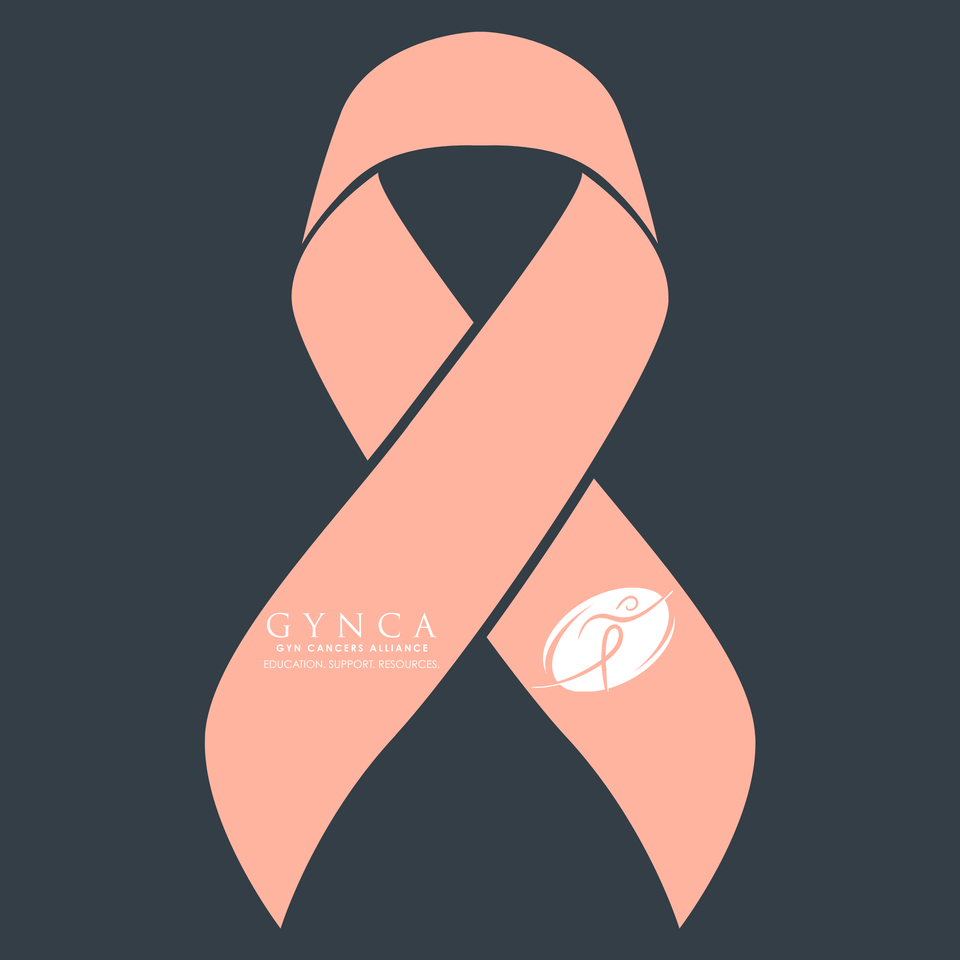With gynecologic cancer, the “good” often comes with “the bad and the ugly” parts that we don’t hear about as much. Carla is one example of a survivor who has overcome social discomforts and opened up to discussing the highs and lows of battling uterine cancer.
Carla’s story started with severe pain in the area of her right ovary that eventually went away. She made a mental note of it and didn’t think too deeply about it otherwise. A few months went by, and once she was on Medicaid she requested that her doctor check for cysts, fibroids or other abnormalities that might have caused that symptom. A transvaginal ultrasound was done which revealed nothing concerning, and she was believed to be in the perimenopausal stage. Her PCP conducted a PAP smear as well, which came back abnormal but was negative for HPV, so it was not addressed further at that point.
Incidentally, a year later, Carla was speaking to her pastor’s wife who informed her she had been bleeding non-stop for 3 months and was going to the doctor to find out what was wrong. Not long after, Carla started noticing a pink tinge on the toilet paper when she wiped, so she also started to keep track just as the pastor’s wife had. After what she thought was a month of jotting down the days she was experiencing this constant light bleeding, she looked again and realized that 2 months had actually passed.
Getting in to see a gynecologist in her area proved to be difficult, with the wait time being several months. Wanting to be seen sooner, she requested a referral to a physician an hour away and was seen within 3 days. It was December of 2023 and another transvaginal ultrasound was done with normal results. A urine test, repeat PAP test, and then a biopsy and colposcopy were also conducted.
On January 2, 2024, she received a call informing her that she had grade 3 endometrial cancer, meaning the cancer cells were aggressive and more likely to spread. She was referred to a gynecologic oncologist 2 hours from home to do a total hysterectomy. Interestingly, Carla had a CT of her chest, abdomen and pelvis, in addition to blood work and the other tests she had previously, but all showed normal results except for the biopsy which was the test that found the cancer cells.
Within 3 days, she saw the gynecologic oncologist and 3 weeks later she had her hysterectomy. Carla felt significantly better by 48 hours after the surgery and was mostly recovered in 2 weeks. Once the pathology report came back from her surgery, she was elated to hear that although it was a grade 3 endometrial cancer, it was still in stage 1A (still contained within the uterus). As the cancer had only gone 35% into the uterine wall and no lymph nodes were affected, she was able to avoid chemo treatment.
She was scheduled for 5 internal vaginal brachytherapy treatments and had gold seeds inserted as markers for the internal radiation. Unfortunately for Carla, one of the seeds caused severe pain during her treatment. She was warned that it could feel like a stinging sensation, but she perceived it to be much worse. Thankfully after completing her treatments, and despite quite a bit of fatigue, she rang the bell in April 2024.
It wasn’t all smooth sailing though. Carla had lost her job in January, 2 weeks into her sick leave. She was unable to work between twice-weekly radiation treatments and fatigue, and faced a difficulty many cancer patients unfortunately face, difficult obtaining unemployment or social security benefits. Carla felt like there was not a lot of understanding for the difficulties a cancer patient faces through diagnosis, treatment and side effects.
Carla also was found to have mismatch repair deficiency, a hereditary condition that occurs in cells where the genes that correct errors in DNA replication have mutations. Thankfully, she saw a genetic counselor who discovered the mismatch repair deficiency was confined to her tumor and was not widespread in her body, so she avoided needing to have immunotherapy in addition to her radiation therapy.
Today, Carla is thankful for the gynecologist she saw in Lebanon who did her biopsy, and she credits that physician for helping to save her life. She is thankful to have noticed her bleeding and to have advocated for herself, avoiding a worse outcome if more time had gone by allowing the aggressive cancer cells to spread. Her church prayed over her for healing, and she believes that God helped her through every step of her journey.
Carla still has some monitoring and work ahead of her with follow-up appointments every 3 months, pelvic exams and CT scans. She was also told she will have to use a vaginal dilator twice weekly for the rest of her life to keep her vagina from closing shut. These are just some of the realities of cancer survival for gynecologic cancer patients, but Carla is keeping in good spirits. After her daughter graduates from high school, she plans to sell her home so that the two of them can travel together.


